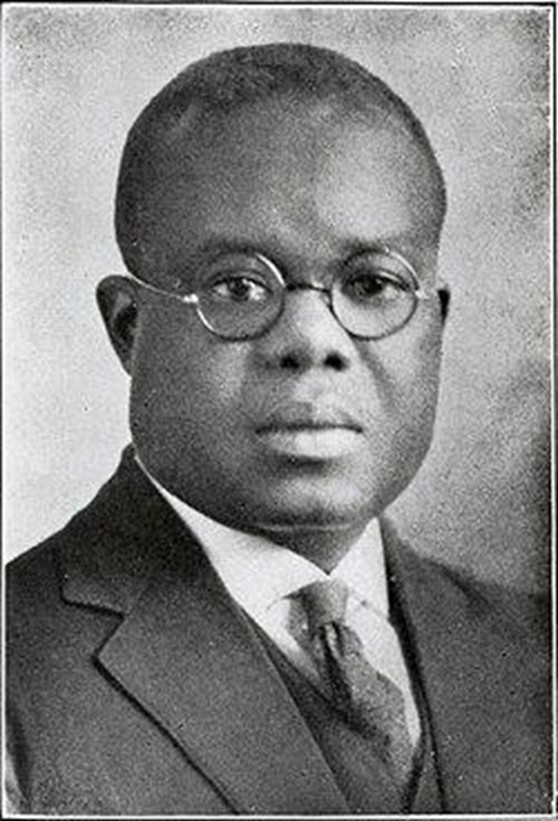
1883 - 1927
Hubert Harrison
Writer, Orator, and Political Activist
Hubert Harrison (1883–1927) was a pioneering Black intellectual, activist, and cultural impresario whose work shaped early 20th‑century race and radical movements in America. Born on April 27, 1883, in Saint Croix, U.S. Virgin Islands (then a Danish colony), he immigrated with his family to New York City as a teenager in 1899. There, he became a self-taught polymath, voraciously studying history, literature, philosophy, and emerging social and political issues. By the early 1900s, Harrison distinguished himself as a gifted orator and writer, rapidly becoming a catalyst within Harlem's dynamic political and intellectual milieu. Famously dubbed the 'Father of Harlem Radicalism,' he relentlessly challenged prevailing notions of racial uplift, integration, and accommodationism. Instead, he championed uncompromising self-determination, anti-imperialism, and full civil rights for African Americans. In 1910 he launched the monthly journal The Voice and several short-lived newspapers (including The Negro World, unrelated to the later Marcus Garvey paper), through which he published trenchant critiques of Booker T. Washington's accommodationist stance and W.E.B. Du Bois's elitist strategies. Harrison argued for mass political mobilization and Black working-class empowerment as the frontline strategy for liberation. A founding voice of the early civil rights struggle, he established the Liberty League in 1917 and was an early opponent of World War I, which he understood as an imperialist venture with no benefit for Black people worldwide. He traveled the East Coast delivering fiery speeches on socialism, anti-racism, and Black pride, influencing a generation of activists and thinkers, including A. Philip Randolph and Richard B. Moore. Harrison also fostered Harlem's cultural scene. He co-created the popular 'Harlem Circle' lecture series and the 'Little Theatre,' nurturing young Black writers, dramatists, and intellectuals in the pre-Harlem Renaissance. He spotlighted figures such as Langston Hughes and Claude McKay, bridging political and cultural renaissance. Although marginalized at his premature death on December 17, 1927, Harrison's legacy has resurged in recent decades. Today he is acknowledged as a foundational architect of modern Black radical thought—an uncompromising voice for racial justice, socialism, and independent Black politics who remains a powerful inspiration for contemporary movements.
Key Achievements
- Founded the Liberty League in 1917 and was an early opponent of World War I
- Launched the monthly journal 'The Voice' and several newspapers
- Co-created the popular 'Harlem Circle' lecture series and the 'Little Theatre'
- Influenced a generation of activists including A. Philip Randolph and Richard B. Moore